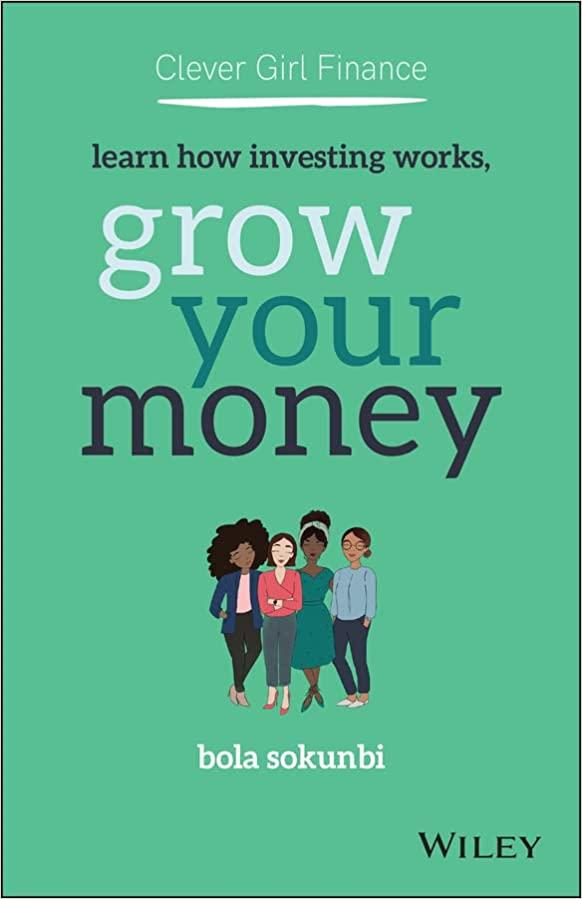In response to a growing number of deaths linked to vaping, the Ontario government has decided to crack down on the ways that vaping companies
-
In response to a growing number of deaths linked to vaping, the Ontario government has decided to crack down on the ways that vaping companies target under-age users. The planned legislation prohibits advertising vaping products within 150 meters of an elementary or secondary school. The government anticipates that the vaping industry may try to challenge the legislation and so the government wants its lawyers to review the legislation carefully.
Under these circumstances, which of the following is true? Select the best answer.
A court would probably uphold the legislation as a reasonable limit on the freedom of expression because the provincial government has sole jurisdiction over business activity.
If the government can show that the law is aimed at protecting minors from a potentially dangerous product and that the law infringes on rights as little as possible, a court would probably uphold the legislation as a reasonable limit of the vaping industry's freedom of expression.
A court would probably uphold the legislation since commercial advertising is not a protected form of speech in Canada.
The proposed legislation will be upheld as constitutional because it protects health, and health concerns always override business concerns.
-
The Federal Court of Appeal recently issued a decision that clarified a legal rule about when a particular remedy is available in contract law. Now, a case has arisen in Ontario Superior Court that has very similar facts as the case that was heard in the Federal Court of Appeal. The same legal question has arisen about whether a particular legal remedy should be available in contract law. What is the status of the decision of the Federal Court of Appeal in the Ontario Superior Court? Select the best answer.
Persuasive, but not binding.
Binding only if the Ontario Court of Appeal has not yet issued a decision about whether the remedy should be available in contract law.
Binding as a legal precedent.
Paramount and binding.
-
Jun owns and operates a hardware store. Niels owns and operates a widget making factory. Jun and Niels meet and negotiate an agreement for the purchase and sale of widgets. Jun and Niels record the basic points of the agreement on a napkin, but they never actually formally write up the agreement and sign it. If Jun later argues that he and Niels did not enter into a contract, how would a court likely resolve the dispute (assuming that the parties can prove any claim they must prove for their case)?
A court will find that there is not a contract between Jun and Niels because they did not sign the agreement.
The court will find that there is a contract as long as Niels can prove that he and Jun both subjectively intended to create a contract when they wrote the details down on the napkin.
A court will assume that Niels and Jun intended to form a legally binding agreement unless Jun can prove that neither he nor Niels actually meant for their agreement to have legal consequences.
A court will find that there is not a contract between Jun and NIels because it is clear that Jun never subjectively decided to be bound to a legal agreement.
-
Quebec is one of the world's leading producers of maple syrup. In order to monitor the quality of maple syrup and to control how much of Quebec's maple syrup is available on world markets at any given time, Quebec has created the Quebec Maple Syrup Collective. Quebec also passes legislation that states that manufacturers of maple syrup in the province cannot sell directly to the public, but must sell only to and through the Collective.
It soon becomes clear that some maple syrup manufacturers are continuing to sell their syrup directly to the public. In response, Quebec passes the Illicit Sale of Maple Syrup Act, which makes it a crime for manufacturers to sell maple syrup directly to the public, carrying a punishment of up to two years in jail.
Gilles and his family have been tapping maple trees for over 150 years. Gilles thinks that the Collective is corrupt and he refuses to sell to the Collective. Instead, he continues to sell his syrup directly to any consumer who is interested. Gilles is subsequently charged with the crime of the illicit sale of maple syrup and maple syrup trafficking.
Based on these facts, which of the following is TRUE? Pick the best answer.
It is likely that Gilles can successfully argue that the Illicit Sale of Maple Syrup Act is of no force or effect because the Act isintra viresthe provincial government.
Even if a court were to find that the province did not have the jurisdiction to enact the Illicit Sale of Maple Syrup Act, Quebec could invoke s. 33 of the Charter to ensure that the legislation remains in force.
It is likely that Gilles can successfully argue that the Illicit Sale of Maple Syrup Act is of no force or effect because the Act is ultra viresthe provincial government.
It is likely that Gilles can successfully challenge the Illicit Sale of Maple Syrup Act through s. 6 of the Charter of Rights and Freedoms because the Act restricts his ability to earn a living.
Step by Step Solution
There are 3 Steps involved in it
Step: 1

See step-by-step solutions with expert insights and AI powered tools for academic success
Step: 2

Step: 3

Ace Your Homework with AI
Get the answers you need in no time with our AI-driven, step-by-step assistance
Get Started


